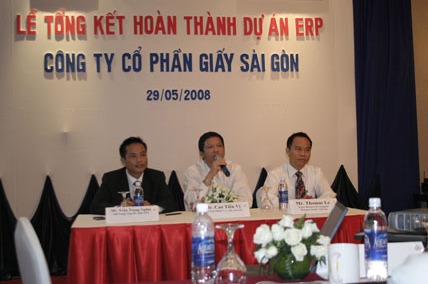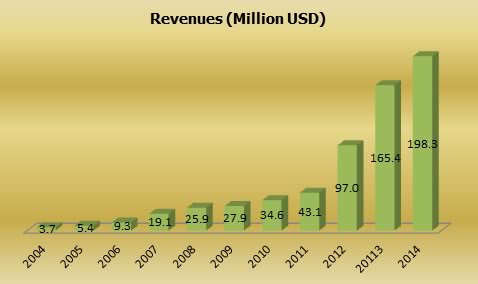Suppliers have cut BSK discounts given to customers in China, while seeking contract price hikes of $10-20/tonne for the grade’s deliveries in September in other Asian markets.
Pulp contract levels for August shipments in South Korea, Japan, Taiwan and Southeast Asia were concluded at the end of last month.
BSK prices have stayed flat in the region, with northern BSK (NBSK) going for $700-720/tonne, radiata pine $680-700/tonne and southern pine $670-690/tonne.
Unbleached softwood kraft pulp is up $20/tonne to $630-640/tonne, as pricing in China set the precedent for the grade and dominant producers are reducing their allotments in Asia, said major regular buyers.
Bleached hardwood kraft (BHK) pulp prices, on the contrary, have slipped $10/tonne, taking South American eucalyptus levels to $630-650/tonne, Indonesian acacia to $610-630/tonne, and northern and southern mixed hardwood to $620-630/tonne and $610-620/tonne respectively.
Prices for bleached chemi-thermomechanical pulp have been kept intact, despite pressure from buyers asking for a drop of $10/tonne. The grade is changing hands at $585-660/tonne. Several regular customers in the region are not happy with the pricing, pointing to the fact that they paid more to get tonnage than buyers in China.
BSK levels edge up in China: Indeed, despite discounts there shrinking, BSK remains cheaper in China than in other Asian markets.
The discount cancellation has led to net NBSK prices climbing $10/tonne at the low end of the price range in the Chinese market over the past two weeks to $670-700/tonne, while list prices are flat at $710-720/tonne.
Radiata pine has been nudged up $10/tonne to $660-680/tonne, with list levels unchanged at $680/tonne.
Russian BSK has stayed at $630-650/tonne DAF ($660-680/tonne, CIF).
Sellers pointed to mill downtime in North America and Europe causing tight supply, which has driven up prices.
They also cited the latest statistics from the Pulp and Paper Products Council (PPPC), which showed an increase in global pulp deliveries month-on-month in July, with BSK inventories flat at 28 days of supply. BHK stocks rose by four days to 46 days of supply.
Some suppliers indicated that BSK demand from China has improved because of the alteration of fiber mix at mills manufacturing uncoated fine paper, cartonboard and tissue paper A major Canadian producer gave an example, explaining that with South American eucalyptus staying expensive, many Chinese mills have switched to using less costly short fiber, such as Indonesian pulp, BHK produced domestically, bagasse pulp and even recovered fiber to keep costs down.
They have also increased the proportion of BSK in the furnish to enhance the quality of finished products.
“My BSK volumes sold to tissue mills [in China] have grown 100% this year,” he added. But the source admitted that the Chinese paper and board market remains poor, and that fundamental demand for
market pulp, even BSK, has not seen much improvement.
“If BSK demand is picking up because the paper and board market is upbeat, BHK business will improve too,” said a pulp agent. Believing new apacity coming from South America will soon swamp China and depress pricing, buyers there have generally waited on the sidelines anticipating further falls.
BHK downbeat: Competition with Indonesian acacia and mixed tropical hardwood, which are priced at $580/tonne and $570/tonne respectively, has forced some suppliers to cut South American eucalyptus prices, pushing them down to $610-640/tonne from $620-640/tonne a fortnight ago.
Russian BHK levels are unchanged at $630-640/tonne, DAF ($650-660/tonne, CIF). The grade is sold to traders and volumes are small.
“When I can pay less than $600/tonne to get BHK, why should I pay more to buy the so-called premium-quality eucalyptus?” asked a big-volume buyer, who manufactures tissue paper.
“Pulp is a commodity. Perhaps tissue products made from different BHK grades have different quality. But I don’t think Chinese consumers care so much about the difference,” he added.
BSK speculation: “The thing is big buyers, particularly traders, have withdrawn their funds from the BHK business and pumped them into the BSK market, which is the main drive behind the recent BSK uptick,” said a market pundit.
“Small and medium-sized mills and traders have low pulp inventories. When they saw prices for both BSK imports and its resale were firming up, they were hit by panic and snapped up available volumes,” he added.
“Large mills and big traders still have ample BSK stocks. Some of them have already declined to accept the latest BSK hikes. That is a warning sign.”
(PPI ASIA)
678 Views
0 comment
1183 Views
0 comment
678 Views
0 comment
2035 Views
0 comment
22448 Views
0 comment
16695 Views
0 comment








